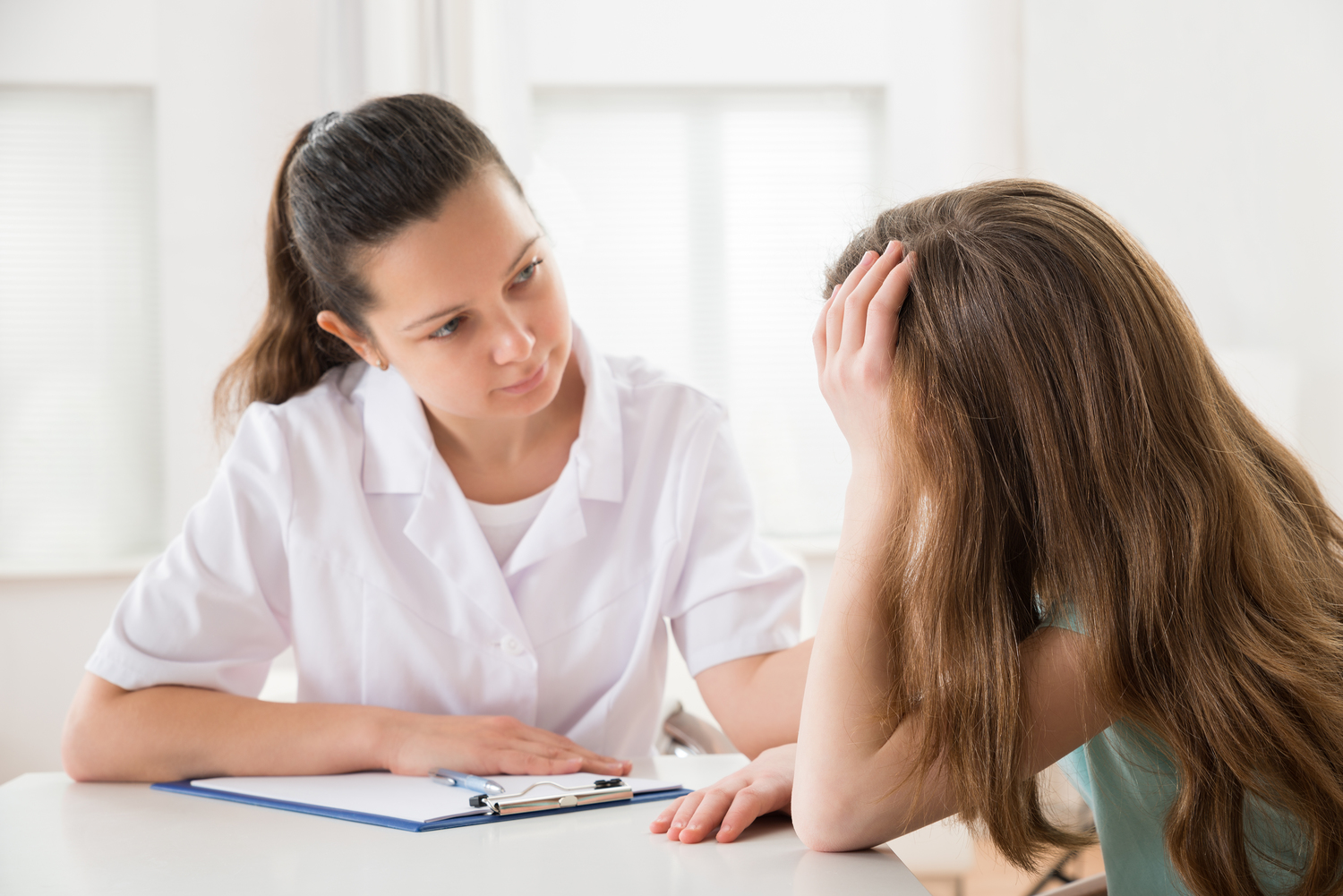How To Treat ADHD In Adults
How To Treat ADHD In Adults
ADHD, i.e. Attention Deficit Hyperactivity Disorder generally affects children and teenagers and can last into adulthood in about one-third of cases. ADHD is one of the most widely recognized mental disorders of children. But the methods of treating ADHD in children and in adults vary.

Adults diagnosed with ADHD can also have trouble in handling time, being organized, setting goals, and preserving a job. They will also have problems in areas of life such as relationships, having self-confidence, and addiction. There is also one more form of ADHD, that is Inattentive ADHD, where the patient gets distracted while thinking and understanding the instructions. This type of ADHD needs proper inattentive ADHD treatment. The best ADHD medications for adults are a blend of numerous dissimilar and complementary approaches that work together to diminish symptoms. The ideal combination may differ from person to person. For someone, the combination may include medication, nutrition, exercise, and behavioral therapy. While for some people it may be taking supplements, participating in CBT, and joining an ADHD support group.
What are the ADHD medications available?
- ADHD medications are divided into two types: stimulants and non-stimulants.
- Many studies have shown that medication works well for adults.
- In most cases, appropriate medicine brings about visible improvements in the ADHD symptoms.
- With the right medicine and proper dosage, the success rate is high. The medicinal drug works well for at least 80 percent of people with ADHD.
- Some ADHD prescription medications include Adderall, Concerta, Focalin, Vyvanse, Quillivant, and Ritalin, which come under stimulants while Strattera is a non-stimulant.
What is Behavior therapy?
Behavior therapy helps in changing behavior through conditioning, which involves the following:
- Developing surroundings conducive to suitable behavior.
- Providing positive feedback and encouragement for suitable conduct and improvement.
- You need to be consistent about both positive and negative expectations and consequences.
- Behavior therapy helps in changing negative habits and behaviors.
What are the nutrition and supplements required?
- Changing your daily food choices also helps in treating ADHD
- Some of the ADHD friendly nutrients include fish oil, the minerals zinc, iron, and magnesium.
- Proteins and complex carbohydrates help to function the brain at optimal levels and helps to control swings in mood and behavior.
How does treating ADHD through Coaching work?
- An ADHD coach is aware of all the problems and unique challenges faced by the people with the condition and can assist them in acquiring skills to overcome those problems.
- While some coaches prefer meeting their clients on a weekly basis, others stay in regular contact by phone.
- Coaches may also meet their clients at homes and help them with specific tasks like organizing papers or working on social skills.
- A coach may help you with tasks like: developing structures to organize your life, make plans and set goals, get and stay motivated, develop time and money-management skills.
What are the Other Alternative or Complementary Treatments?
- Some people try to manage their symptoms with a combination of medicines and behavioral therapy.
- While others may prefer treatment using alternative approaches like nutrition, physical activity, therapies like meditation or brain training.
- Daily exercise helps a lot in treating ADHD as exercise helps in turning on the attention system.
- Walking for 30 minutes is enough exercise to yield benefits.
- Doing yoga regularly helps in balancing mood and thoughts
- Adults ADHD medications also include Acupuncture
What points are to be considered before starting with the medical treatment of ADHD?
- To find the right medication, we need to be patient as it takes time.
- Every remedy has certain side effects for some people. It is important to balance those side effects with proper medication.
- To get the desired results out of medication, it is crucial to meet your doctor on a regular basis.
- However, while ADHD prescription medication helps in managing ADHD symptoms, they do not completely cure the disorder.
- Supplement therapy in addition to ADHD medication is an excellent strategy in treating ADHD symptoms.











